Townhouse on Craven Street listed for £11 million after an online-only estate agent visit
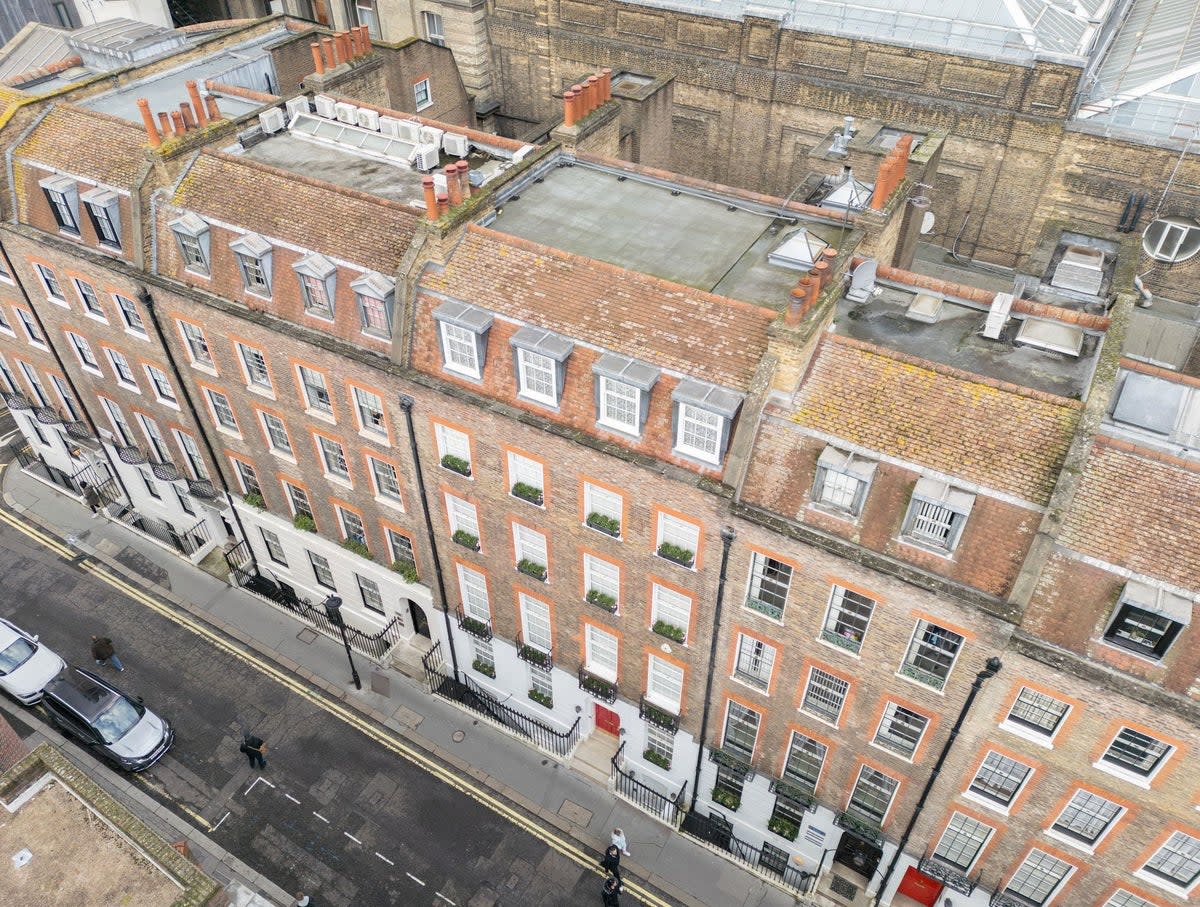
A six-bedroom Grade II listed townhouse on Craven Street, Westminster, has been listed for £11 million after a virtual viewing.
The seller chose the price and Purplebricks agreed to it after a virtual viewing, Homes & Property understands.
Traditionally, estate agents visit a property in person to provide a valuation and accompany buyers on viewings to answer their questions.
“The property was valued virtually, making it one of the most expensive houses ever to reach the market without a physical valuation and one of the more expensive listings in Purplebricks’ history,” said Charlie Colman, who works for the Purplebricks Virtual Team.
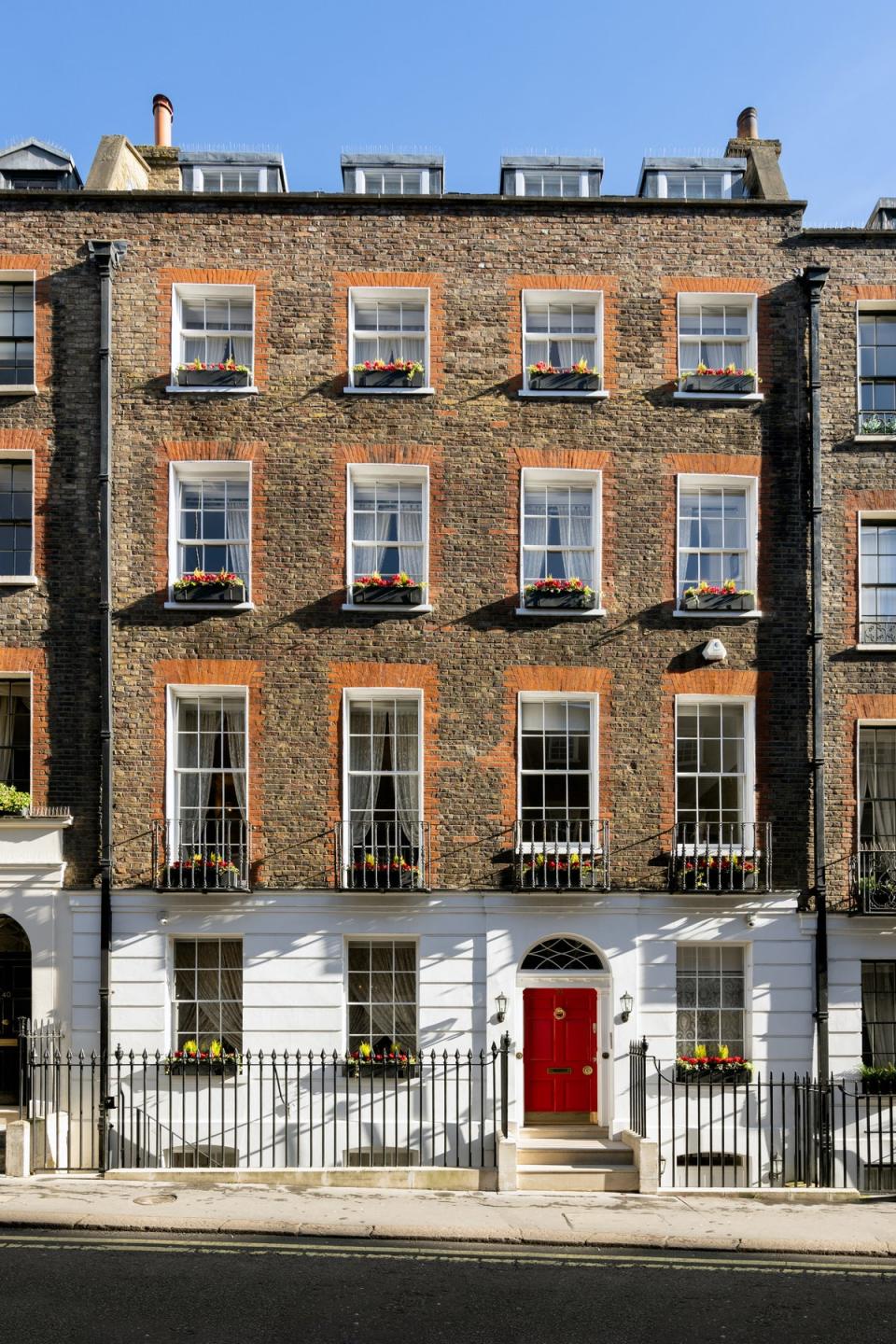
By taking this route, the seller will pay a flat fee rather than an agent taking commission if the £11 million asking price is achieved.Marble flooring and hand-painted silk wallpaper line the entry of the period property. Set over seven storeys, the townhouse includes a library, gym, and a rooftop terrace with views of central London.
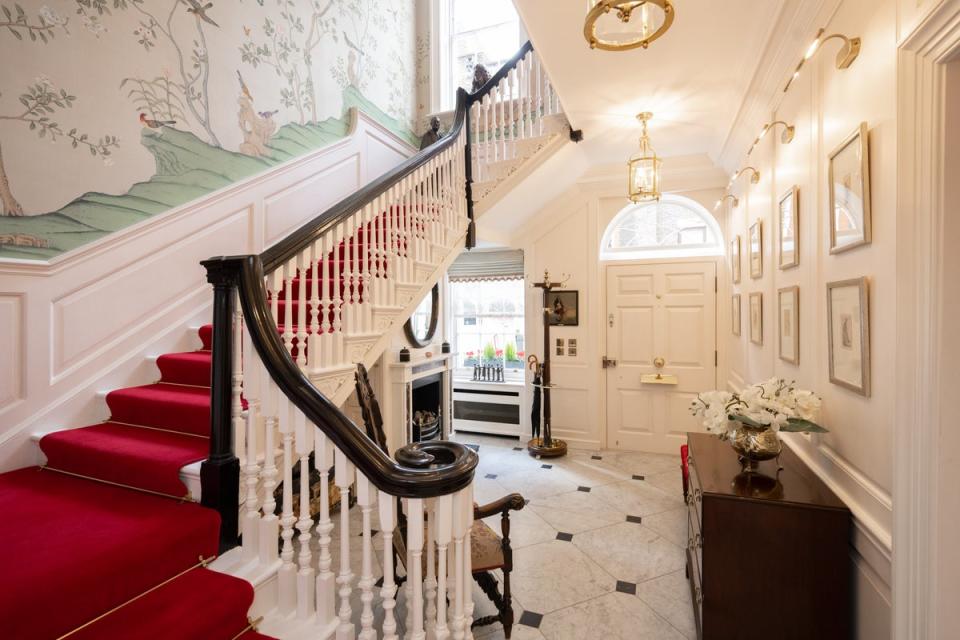
Separate staff quarters on the lower levels include a laundry and separate kitchen and shower facilities, and connects to the rest of the house via a lift system and dumbwaiter.
“The property is the dream living space for any family, who will be catered for by staff with their own below-stairs space,” said Colman.
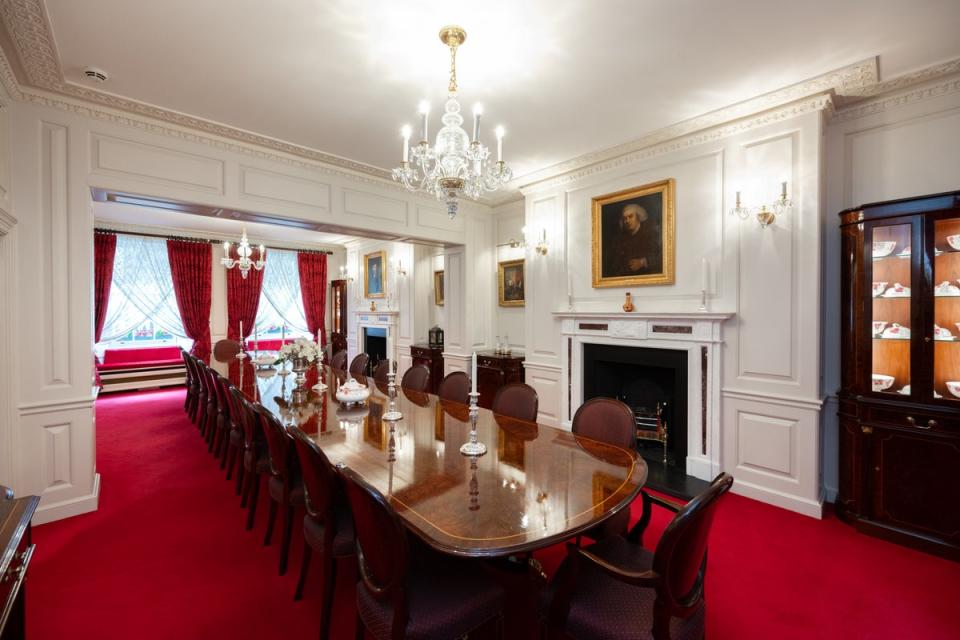
Modern conveniences include a Bose entertainment system throughout, and a CCTV system — a must for any security conscious wealthy buyer.Craven Street is right next to Charing Cross station and Embankment, close to Trafalgar Square and the Mall.
Several famous figures — and one more infamous — from political and literary history have called Craven Street home.
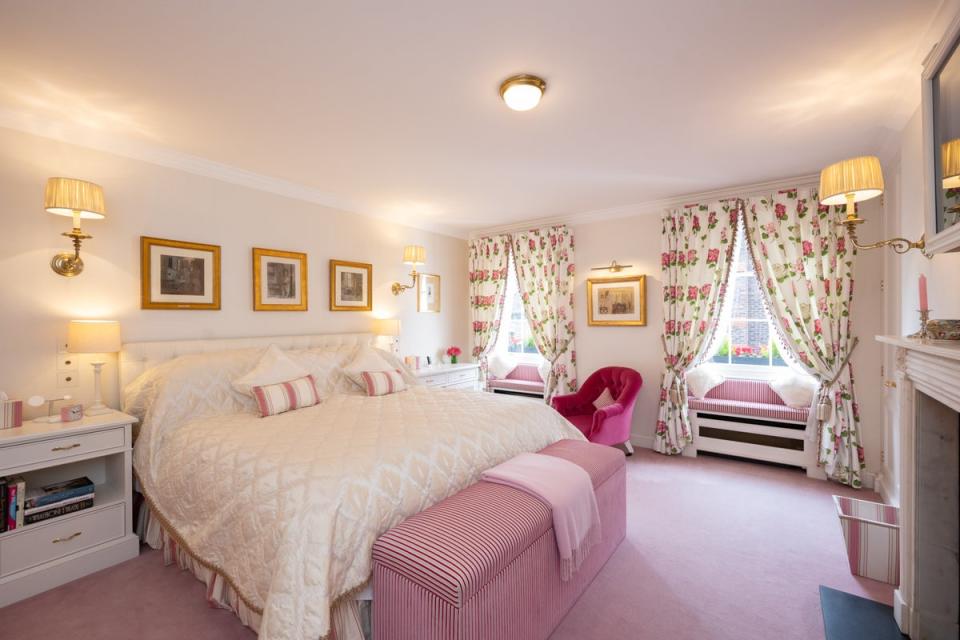
Benjamin Franklin, one of America’s founding fathers, lived at Number 36 before the Revolutionary war. The Grade I listed house is now a museum. Aaron Burr, the third President of the United States also lived in a house on Craven street in the early 1800s.
Herman Melville, author of Moby Dick, lived at No. 25 Craven Street in 1845 when he was a young sailor.
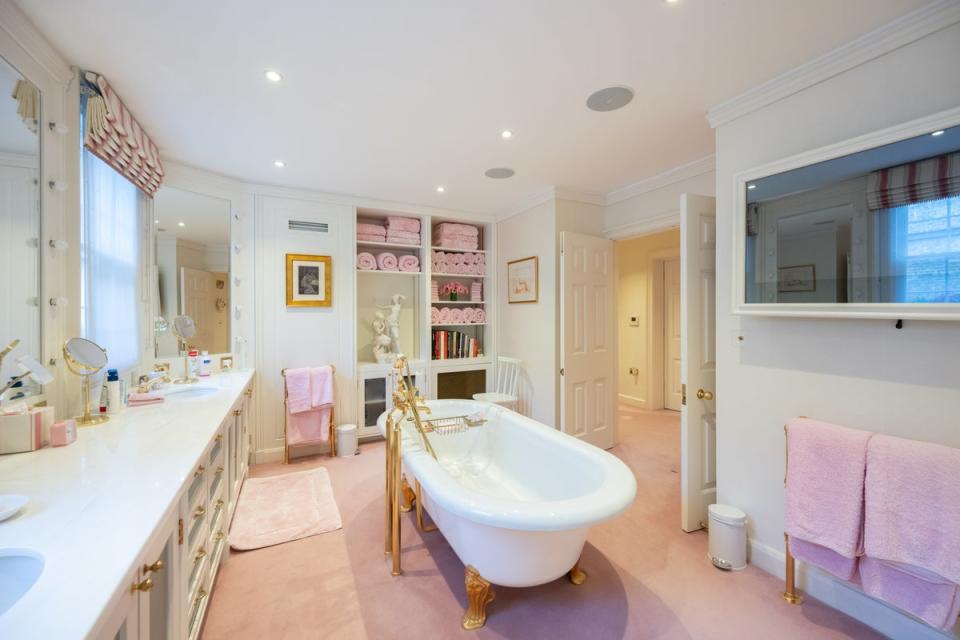
More gruesomely, workman restoring Benjamin Franklin’s former house in 1998 discovered a pit filled with the 200-year-old bones of six children and four adults, along with some turtle spines, most showing signs of experimentation and dissection.
Franklin’s housemate William Hewson, a British surgeon who made breakthrough discoveries about blood coagulation, is thought to have stashed the remains there. Hewson died in 1774 of sepsis — which he contracted from a cadaver.
The discovery led to a wild conspiracy theory spread via social media that Benjamin Franklin was a serial killer. A more, ahem, sanguine explanation is that Hewson, who ran an anatomy school from the house on Craven Street, had been obtaining cadavers in a legally dubious manner from graverobbers and burying them in the basement afterwards.
Another road in the central London borough, Buckingham Gate, was recently named the most expensive street in the UK.


